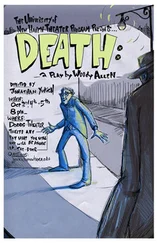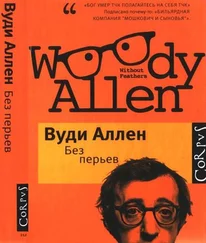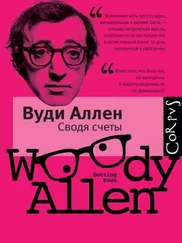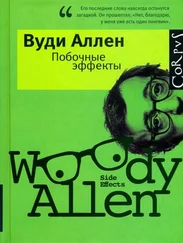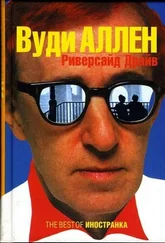My mother was the observant one. Because of her, we kept a kosher home. She was pretty strict about dietary laws that forbid pork, bacon, ham, lobster, and many delectable treats available to lucky infidels. To keep my mother placated, Dad faked being observant, but he couldn’t hide his addiction to tasty contraband and gobbled pig meat and shellfish like the Assyrians fell upon the fold. Hence, once in a while at a restaurant, I got to knock off a meal Yahweh, as his friends call him, hadn’t signed off on. I remember what a treat it was when at eight, my father first took me to Lundy’s, the legendary seafood restaurant in Brooklyn where I could pig out on clams, oysters, and shellfish, confident God was nowhere near Sheepshead Bay that day. Lundy’s was the first time I was ever given a finger bowl. I’d never heard of anything so astonishing as finger bowls, and it was a thoroughly exhilarating experience using one. Like having your own swimming pool. So impressed was I that two years later, when my aunt took me there for a shore dinner, all I could think of was, this joint has finger bowls. Consequently, when we ordered steamers and the clam broth was served with them, I was convinced this must be the finger bowl. Intensely excited, my certainty overrode Aunt Ann’s muddled skepticism, and the two of us sat there washing our hands in the clam broth. It was not until the actual finger bowls arrived at the end of the meal did my aunt realize she’d been right and struck me affectionately a number of times, perhaps twelve or fourteen, on the head with her purse.
OK, so I’m still a small boy, loving movies, loving women, loving sports, hating school, longing for a dry martini. Oh, while I admit I’m a terrible student, one thing I could always do was write. I could write before I could read. I didn’t learn how to read until first grade, but in kindergarten I could come home and write—that is, make up fictions. Write without the ability to write down. The oral tradition. Like the ballads. While Beowulf and Lord Randall were on the brutal side, my narratives took place at scintillating dinner parties and foreshadowed a future never besmirched by an honest day’s work.
For a while, I dreamed of being a scientist and was gifted a microscope. I will outgrow this noble ambition, seduced by a lifestyle ignited by MGM. I suffered rejection after rejection from the cute girls with their high marks and lovely handwriting. “Oh God, no. My mother would never let me go out on a date.” “The subway to New York? I’m not allowed.” And later, “Sorry, I never go out with boys my own age.”
Anyhow, the bar mitzvah comes. Today, they have theme bar mitzvahs: Star Wars , King Arthur, the Wild West. My theme was Gorky’s Lower Depths . My initiation into manhood is not held at some fancy place but at our house near the railroad tracks. Uncles and other men on their feet, smoking two packs a day despite a medley of massive heart attacks and strokes, wink and smugly shake my hand with a ten spot in theirs. Big deal. Like they’re duking me with a G. My aunts, cousins, Rita, her older sister Phyllis the nurse, hallowed by her profession like Eve Curie, Phil Wasserman, and of course the other Phil Wasserman. Phil (the original) is a very amusing character who works as a press agent. In a few years when I try writing my first jokes, I will bring them to him and he will encourage me to mail them in to the various Broadway newspaper columnists who run gags usually attributed to celebrities. I am going to follow his advice, and my feeble quips will open up the entire world to me.
But at thirteen I was still an obnoxious youth, a wise guy full of wisecracks with a growing feeling for show business. Speaking of show business, let me describe the entertainment that ensued at this little Ashkenazi luau, wherein a young Jew is supposed to become a man, although I remained a mouse. My father was then a waiter, one of his myriad occupations, which included a surefire get-rich scheme to sell by mail “beautifully boxed pearl necklaces,” a venture that couldn’t find a single human who wanted even one pearl, so our house was inundated with beautifully boxed necklaces for many months. The stock was finally liquidated for about fifteen cents on the dollar. But now he was a waiter at Sammy’s Bowery Follies, where he toiled from 6 p.m. to 5 a.m. every night.
Sammy’s was a Gay Nineties joint on the Bowery complete with sawdust on the floor and where buxom, Sophie Tucker–type dames would sing turn-of-the-century favorites, in floozy gowns while wearing big hats. Mabel Sidney was such a blousy singer, sister of the actress Sylvia Sidney, her brother was George Sidney, a successful Hollywood director. I knew none of Mabel’s pedigree, only that she could belt out “Who’s Sorry Now” and “You Tell Me Your Dream,” among many other vintage gems. As a favor to my father she came to my thirteenth birthday party and put a little oomph into an event otherwise indistinguishable from laying my uncle Abe to rest at Riverside Chapel. In those years, the family always benefited from my father’s working on the Bowery, with its enormous drunkard population crowding every street, bar, and flophouse under the El. Example: We needed the house painted. Among many of the inebriants, one could find any profession from carpenter to archeologist, from stockbroker to merchant seaman, from actor to housepainter. Men whose dreams had run out of steam and were now hopeless alcoholics. All these poor souls wanted was the price of a single drink. And so for a few bucks, our house would be transformed by a squad of rummies with paintbrushes who would work cheaply—if they’d show up. The job might take longer because of an interrupting bender but it got done, by God. Mom always fed them well, but they had to drink out of a special glass cordoned off for strangers, which I believe was then shipped off to the Marshall Islands, where our government buried toxic waste.
Another perk of working among the sad dipso populous of the Bowery was that many of them stole. Their clear-cut goal was money to buy the next whiskey, and so if anyone left anything around it would vanish in seconds. John Bananas, as they were sometimes called, would walk into a bar like the one my father worked at, or they might accost my father while he was on the street and offer stolen merchandise: an overcoat, a tape recorder, a bag of steaks. All the thief wanted in return was enough for a single shot. My father, always open to a proposition, would oblige. It was in this fashion we had an Underwood typewriter for a dollar fifty, a Mixmaster, and a fur coat for my mother, just to name a few hot items. I typed my first one-liners on a stolen typewriter and made my first malted on a purloined Hamilton Beach machine. And so, Mabel Sidney made my bar mitzvah livable doing her mugient rendition of “My Man” for a farrago of scraggly Hebrews.
It was at said fete that I received among all the other swag a book on magic. This book, with its photos of exciting equipment, Chinese boxes, a vanishing bird cage, billiard balls and silks, a guillotine, and myriad other paraphernalia whetted an interest in me that grew into an obsession, and it wasn’t long before I was spending all my spare time practicing and like the John Bananas, using any penny I could beg, borrow, or steal not for bourbon but on magic tricks. I had all the standard stuff: the linking rings, cups and balls, a red velvet changing bag, Passé Passé bottles—all startling effects you don’t know by name but have enjoyed many times. The Miser’s Dream means nothing to you, but there I was plucking coins from the air and tossing them into the bottom of a pail. As times went on, I matured beyond the allure of flashy-looking apparatuses with rhinestones and tassels and fake bottom chests.
Читать дальше
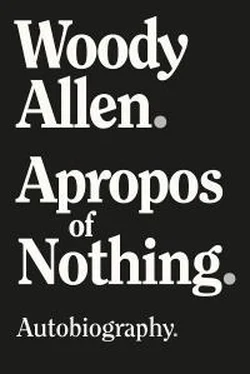
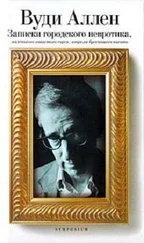
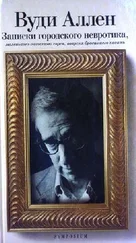
![Вуди Аллен - Парящая лампочка [=Свет плавучего маяка]](/books/94079/vudi-allen-paryachaya-lampochka-svet-plavuchego-mayaka-thumb.webp)
